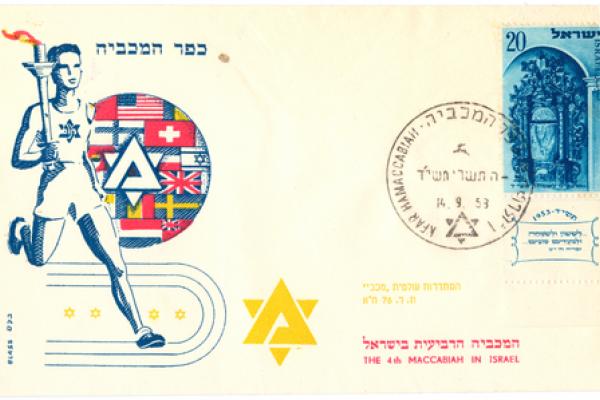Jul 17, 2013
More than 1,100 American Jewish athletes will be competing in the Maccabiah Games, known as the “Jewish Olympics” and held in Israel once every four years.
This year’s event, which begins July 18, brings together more than 9,000 athletes from 77 countries to compete in 38 sporting events. The American contingent is the largest visiting delegation.
The Maccabiah attracts well-known and lesser-known athletes. This year’s participants include swimmers Garrett Weber-Gale, who won gold medals in the 2008 Olympic Games in Beijing, and Mirjam de Koning-Peper, one of three medal winners in the London 2012 Paralympics.
Read the Full Article

Already a subscriber? Login
